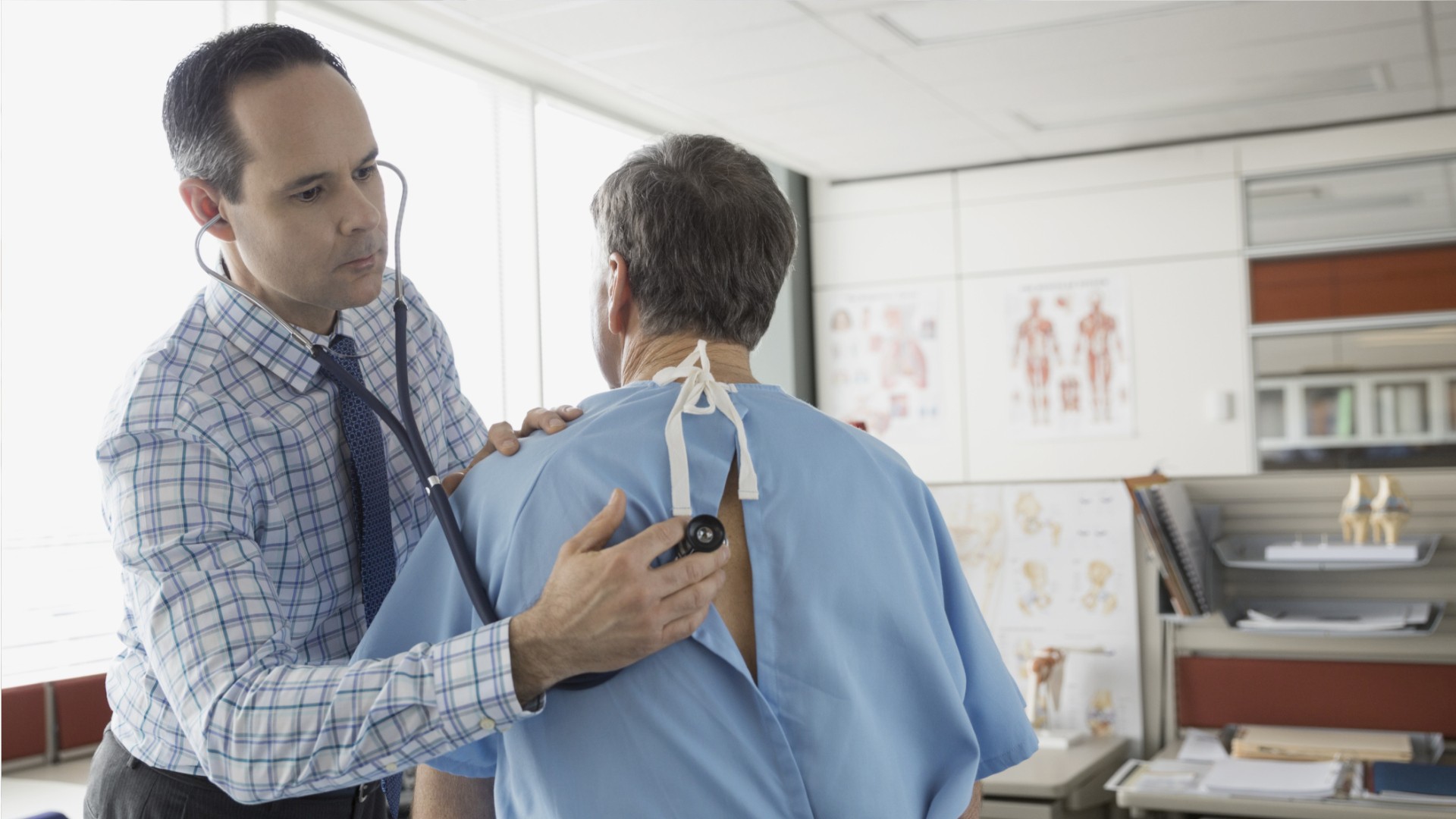Anesthesiologist Assistants
Anesthesia Assistant, Anesthesia Technician, Anesthesiologist Assistant, Certified Anesthesiologist Assistant
What they do:
Assist anesthesiologists in the administration of anesthesia for surgical and non-surgical procedures. Monitor patient status and provide patient care during surgical treatment.
On the job, you would:
- Provide airway management interventions including tracheal intubation, fiber optics, or ventilary support.
- Respond to emergency situations by providing cardiopulmonary resuscitation (CPR), basic cardiac life support (BLS), advanced cardiac life support (ACLS), or pediatric advanced life support (PALS).
- Verify availability of operating room supplies, medications, and gases.
Knowledge
Health
- medicine and dentistry
Arts and Humanities
- English language
Math and Science
- chemistry
- arithmetic, algebra, geometry, calculus, or statistics
Business
- customer service
Skills
Basic Skills
- listening to others, not interrupting, and asking good questions
- keeping track of how well people and/or groups are doing in order to make improvements
Problem Solving
- noticing a problem and figuring out the best way to solve it
People and Technology Systems
- thinking about the pros and cons of different options and picking the best one
Abilities
Verbal
- listen and understand what people say
- read and understand what is written
Attention
- pay attention to something without being distracted
- do two or more things at the same time
Ideas and Logic
- notice when problems happen
- make general rules or come up with answers from lots of detailed information
Visual Understanding
- quickly compare groups of letters, numbers, pictures, or other things
Personality
People interested in this work like activities that include helping people, teaching, and talking.
They do well at jobs that need:
- Attention to Detail
- Stress Tolerance
- Dependability
- Integrity
- Self Control
- Concern for Others
Technology
You might use software like this on the job:
Medical software
- Bizmatics PrognoCIS EMR
- eClinicalWorks EHR software
Presentation software
- Microsoft PowerPoint
Electronic mail software
- Email software
- Microsoft Outlook
Education
Education: (rated 5 of 5)
master's degree or
high school diploma/GED
usually needed
high school diploma/GED
usually needed
Job Outlook
Bright
New job opportunities are very likely in the future.
Explore More
You might like a career in one of these industries:
See more details at O*NET OnLine about anesthesiologist assistants.





